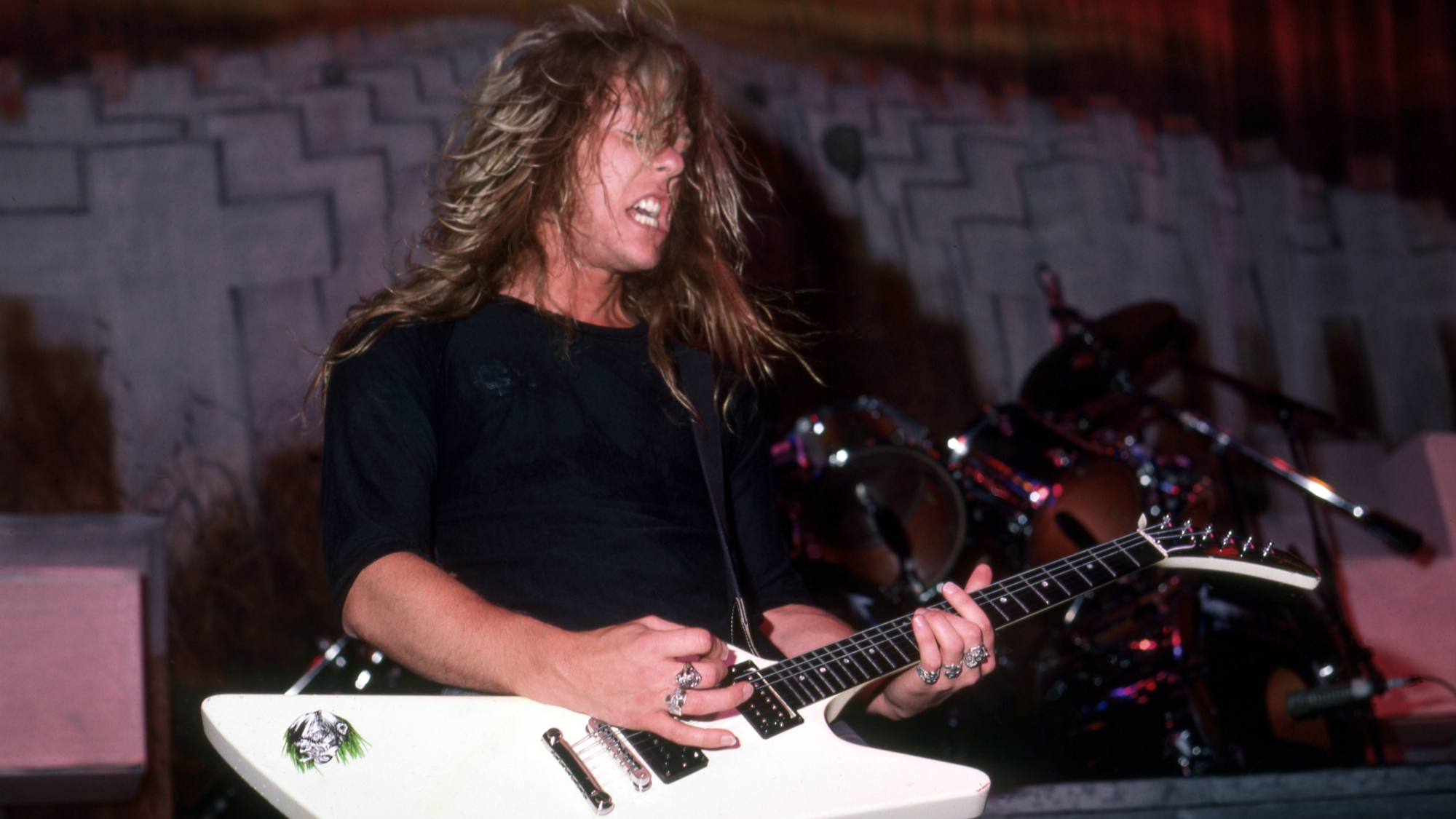Blues Power - Climbing to the Top: Playing Turnarounds


The turnaround is the last two bars of the progression, where the tune gets ready to "turn around" and go back to the top. TAB FIGURE 1 depicts a 12-bar blues in the key of A with a common turnaround. What makes the turnaround especially challenging is that the soloist must compose a strong finishing statement while playing over rapid-fire chord changes. The solution to this sticky problem is to memorize several turnaround licks-this will allow you to pull them out of your trick bag when needed. Let's see how they work.
Turnaround licks usually begin and end on notes that belong to the I chord of the key. In the key of A, the I chord is A7 (A Cs E G). The simplest turnaround licks involve moving from one chord tone to the next, generally by half steps, then finishing off with the ending two chords (F7-E7).

For example, TAB FIGURE 2 goes from the third degree of the A7 chord (Cs), up to the fifth (E). It can be made more interesting by replacing the middle note of each triplet with the root, A, as demonstrated in TAB FIGURE 3. TAB FIGURE 4 moves from the seventh degree (G), down to the fifth (E); the pick has to jump from the fourth string to the first. This turnaround is a Robert Johnson trademark and was later used by Eric Clapton.
Muddy Waters played TAB FIGURE 5 all the time. Note that it has two lines moving in harmony. Now take the same lick, add an A note on top, and you have the "piano-style" turnaround shown in TAB FIGURE 6. In order to pick this properly, you'll need to use hybrid picking (pick and fingers), use the pick on the lowest note and the middle and ring fingers on the higher notes. TAB FIGURE 7 depicts two lines moving in opposite directions (what's known as contrary motion) for a very interesting effect; and TAB FIGURE 8 is one of the most common turnaround licks of all.
Once you understand the relationship between the notes of each lick and the tones of the I chord, you'll find it relatively easy to move any of these turnarounds to any desired key. Blues is a style that makes virtue of repetition; the best way to get further on up the road is play with a few good ideas and a lot of heart.
Get The Pick Newsletter
All the latest guitar news, interviews, lessons, reviews, deals and more, direct to your inbox!
“There are so many sounds to be discovered when you get away from using a pick”: Jared James Nichols shows you how to add “snap, crackle and pop” to your playing with banjo rolls and string snaps
Don't let chord inversions bamboozle you. It's simply the case of shuffling the notes around







![Joe Bonamassa [left] wears a deep blue suit and polka-dotted shirt and plays his green refin Strat; the late Irish blues legend Rory Gallagher [right] screams and inflicts some punishment on his heavily worn number one Stratocaster.](https://cdn.mos.cms.futurecdn.net/cw28h7UBcTVfTLs7p7eiLe.jpg)


